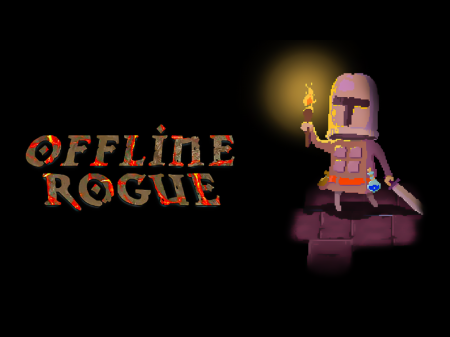The RPG genre didn't just come out of nowhere. It is a by-product originating in the distant past. The genre's forefather is the tabletop role-playing game Dungeons and Dragons.
A role-playing game, as such, implies the possibility of creating a character and setting certain parameters for him, be it a race, a class, a subclass, etc., with the aim of further roleplaying. While in a board game, the player is not limited in his imagination, except, perhaps, within the framework of the setting, computer games inevitably impose on him the limitations inherent in all technological products.
Having created the character, we predetermined his fate for ourselves in terms of the sequence of his actions, the nature of his actions, and other pronounced reactions to stimuli from the outside world. The latter may be due to the character's race, origin, alignment, etc. Those characters based on fundamentally different parameters cannot behave in the same way under identically given conditions.
The player must watch their character's progress, and this is an integral part of the role-playing game. But this sign is far from being reduced to numbers and points. Along with strength, dexterity, and wisdom, another segment is subject to development. The persona of the character must develop as a result of both internal and external influences, deforming. There is a correlation with other features. And if the given numerical parameters such as impact force or throwing range increase in every second game, the evolution of a character as a person is not implemented in any of them. But this is a crucial psychological turning point that significantly affects how the plot escalates.
Role-playing digital fun is a common and ill-defined form of enjoyable entertainment. RPG is a video game that is based on the plot elements of classic tabletop projects of this category. PC role-playing projects like the Might and Magic series are all very good examples.
Many components, like discussion options and quests, can be found in a variety of game genres. In this case, the genre is defined as a "strategy with RPG elements," "racing with RPG elements," etc.
These games frequently borrow from a common tabletop RPG story about a group of heroes searching for something.
A characteristic feature of many CRPGs is the increase in the capabilities of game characters by improving their numerical parameters and acquiring items and abilities, commonly referred to as "leveling." The player, as a rule, can choose in which direction to develop their wards.
Players assume the roles of figures from a fantasy world. Whether through the narration of the character's actions, actual actions, or a system of decision-making and character development, the user controls the character's actions. The plot includes rules that specify accessible characters, actions, outcomes of those actions, and potential relationships between them to frame players.
A game must have the following features to be categorized as an RPG:
You must go through some sort of character development where you become a stronger player as your character. This frequently means that you increase your health, experience, stats, etc.
Your digital military training should be influenced, to a minimum, by your personality traits. This could imply that your hero's strength or dexterity affects the damage you cause. Combat effects do not count from items or the player who has mastered input.
Your character should have a versatile inventory with a range of weapons, armor, spells, healing items, and other items that you can use as needed if you want to win the battle, advance through the level, and so forth.
Although some projects have additional elements, any game that does not have all three of these points is not suitable.
You can communicate with other people online by joining a massively multiplayer online project, like World of Warcraft. This type of entertainment continues to evolve even when not being played, unlike single-player games.
Western role-playing games, so named because they are usually developed by teams in America or Europe, usually have an open ending. Many projects give you the option of how to approach tasks and how to complete them in what order.
Western RPGs can also include numerous discussion options that allow you to influence the events of the story, even allowing you to choose which actions are moral or immoral.
Japanese RPGs have some key distinctions from their Western counterparts. European RPGs have a more somber tone than their Japanese counterparts. JRPGs tend to have a more charismatic nature.






